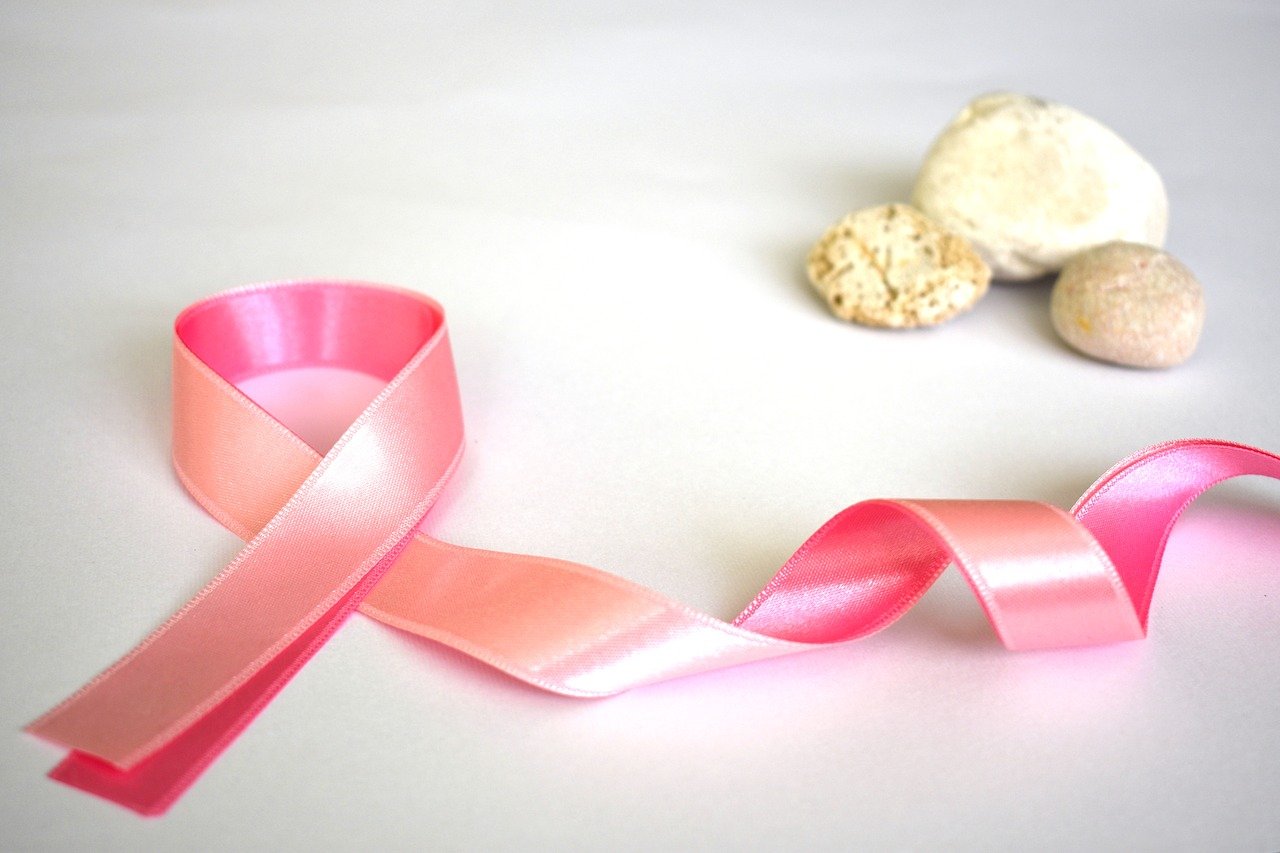Cancer related fatigue is defined as an ongoing lack of energy that is not improved by sleep and is not a result of overdoing it. This cancer related fatigue is chronic, it feels different to a tiredness you might feel at the end of a long day. Cancer related fatigue can make it difficult to cope with the demands of normal daily activity, and increases the amount of time being sedentary. When we are less active throughout the day, we feel weaker and become more fatigued, getting stuck in a vicious cycle!
Cancer related fatigue can consist of one or more of the following:
- Generalized weakness or feeling heavy in your body
- Brain fog, reduced ability to concentrate and perceived lack of short-term memory
- Reduced motivation or interest in engaging in usual activities
- Difficultly sleeping
- Fatigue that is not relieved by sleep
- Difficulty completing daily tasks due to fatigue
Why do I have Cancer Related Fatigue?
There are so many reasons why one person may experience cancer related fatigue and another may not. When we look at each patient’s history, their cancer diagnosis and other health factors, we often uncover conditions that are contributing to the sustained fatigue with and beyond the cancer diagnosis. Integrative Oncology does an amazing job at addressing medication and treatment related fatigue. So, when cancer related fatigue goes beyond the medication side effects, we start with the basics. First off, having a cancer diagnosis is a major life stressor. The diagnosis in of itself, with the added worry and medical interventions can be a lot for anyone to sustain. So, we start by focusing on the stress response, sleep, mood and anxiety. All of these natural responses to a cancer diagnosis play a big role in cancer related fatigue. Other important health conditions that can contribute to cancer related fatigue are hypothyroidism, anemia, low vitamin B12, low vitamin D, digestive complaints and adrenal fatigue from chronic stress. Lastly, we will address issues of poor nutrition and /or a sedentary lifestyle, which will perpetuate ongoing cancer related fatigue.
What Can I do to Improve My Cancer Related Fatigue?
First and foremost, we need to order comprehensive lab testing to make sure our patients do not have any of the contributing conditions above. We will address any of the vitamin, thyroid and other lab values that are not optimal. In addition, we want to make sure that our patients are eating a healthy balanced diet that will give them the nutrition they need to rebuild their stamina after and/or sustain the lifesaving cancer treatments they are receiving. We will provide guidance with mind body medicine approaches to help re-establish a healthy stress response that is not stuck in a hypervigilant overdrive mode. Lastly, we will work together to develop a movement plan that will work for you. Our motto is the slower you go, the faster you will get there! Research shows that those who exercise regularly experience less cancer related fatigue. We want to do this in a mindful way so that you can keep on moving. In addition to the known cardiovascular effects of exercise, it also elevates mood and reduces cancer reoccurrence.
Our Goal at Amber Wellness Group is to meet each patient where they are at and work hand in hand to develop an individualized plan to wellness and beyond!
For more resources and information on our Patient Centered, Integrative Cancer Wellness approach, see our blog post.
Contact us now, We are here for you!



